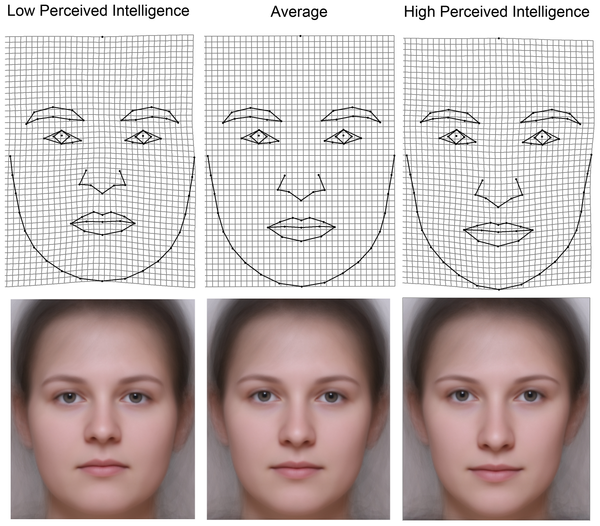- Lifestyle
Smile: It's good for business, study finds
Think you have to put on a serious, “professional” face when you head into that client meeting or interview? Think again, freelancers.
A new study out of the Czech Republic has found among other characteristics, a smiling person was perceived as more intelligent than someone with a neutral expression or a slight frown.
"There seems to be a correlation between semblances of emotions of joy or anger in perceptions of high or low intelligence in faces, respectively," the researchers said.
Other findings of the study:
- There was a correlation between perceived intelligence and perceived attractiveness (people thought attractive people were smarter), however they found no correlation between actual intelligence and perceived attractiveness (attractive people aren’t actually smarter).
- The researchers also tested for different facial characteristics like short vs. long face, the closeness of the eyes to the nose, etc. A longer face, longer nose, and smaller chin were associated with intelligence.
- “However, these faces of supposed high and low intelligence probably represent nothing more than a cultural stereotype because these morphological traits do not correlate with the real intelligence of the subjects,” the researchers concluded.
- Participants were not able to predict the relationship between a female’s intelligence and appearance.

FIGURE 3: Visualizations of shape regression on perceived intelligence in women by thin-plate spline deformation grids illustrating shape differences between faces with attributed high intelligence (upper left) and low intelligence (upper right) compared to an average configuration in the middle. Source: plosone.org
These results confirm an earlier study by the Polish Academy of Sciences that found that while smilers are seen as more intelligent by German and Chinese people, this isn’t true everywhere; smiling people were perceived as less intelligent in Iran, for example.
And if you need any more incentive to smile, it turns out that even fake smiling can actually make you happier, according to Dr. Robert Zajonc, a psychologist at the University of Michigan.
So next time you’re trying to impress a client or are hanging around a networking event, smile!
